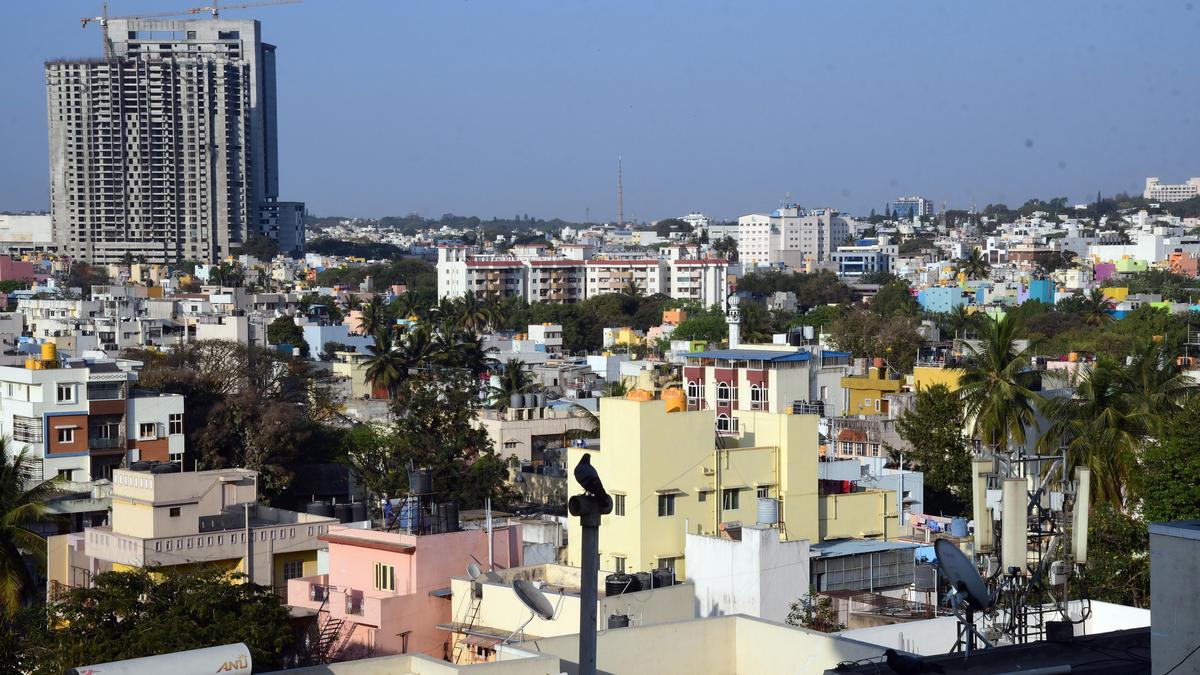
Here are the big stories from Karnataka today
The Hindu
Karnataka Today newsletter: Unable to find draft e-Khata? What Bengaluru property owners can do, and more
Unable to find your property information while searching with the owner’s name on the website to download draft e-khata? The Bruhat Bengaluru Mahanagara Palike (BBMP) says there are multiple reasons for the same.
Majority of the owners are unable to find the details owing to inability to put the correct spelling, be it in Kannada or English. The official said that about 80% of property owners fall in this bucket. This can be resolved with a call to help desk or visiting a Bengaluru One Centre. BBMP Special Commissioner (Revenue) Munish Moudgil said inheritance of property, pending mutation after purchase of property, spelling mismatch are other reasons. Click here to know how these can be resolved.
The BBMP has also issued revised helpdesk numbers for citizens to seek help in connection with e-khata. The revisions were done as there were a few issues with the earlier numbers. Find The Hindu’s extensive coverage of the new e-khata issuance system, which has been a year in the making, and answers to all your doubts regarding the application process, here.
The Karnataka government launched the ‘Saura Swasthya’ initiative, which aims to facilitate solar power in 5,000 government health facilities across the State by 2026. This initiative is likely to impact over three crore people in rural communities. The 120-crore initiative has been taken up by the Department of Health and Family Welfare in collaboration with the SELCO Foundation.
Under the initiative, over 1,152 health facilities have been solarised while all the healthcare facilities in Raichur district are now running entirely on solar power. The initiative is estimated to result in power savings of 5 lakh units every month, which will save government hospitals around ₹50 lakh in electricity bills, and thereby save the State over ₹100 crore in the next 10 years.
Of late, commuters in Bengaluru have noticed an acute shortage of cabs on aggregator platforms. This has translated into a new everyday struggle — longer wait times, frequent cancellations, and surging fares— making cab services unreliable. This is largely attributed to a mass exodus of drivers from the sector, driven by unsustainable earnings and mounting financial pressures.
The pandemic-induced downturn marked a turning point for cab drivers in Bengaluru. According to Tanveer Pasha, president, Ola and Uber Drivers’ Association, the number of active cabs in the city has dropped from over 1 lakh pre-pandemic to just around 30,000 today. The burden of aggregator commissions, at a staggering 30% of drivers’ earnings including GST, is another reason.











